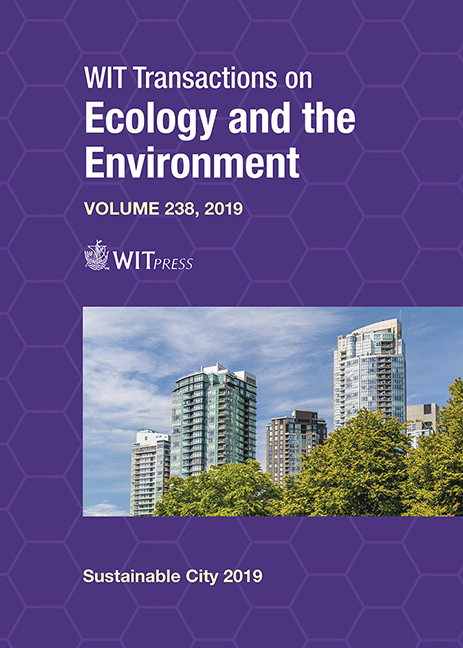STRUCTURAL ADAPTABILITY OF RESIDENTIAL BUILDINGS: SUSTAINABLE CONCEPTS IN HUNGARIAN HOUSING
Price
Free (open access)
Transaction
Volume
238
Pages
8
Page Range
593 - 600
Published
2019
Paper DOI
10.2495/SC190511
Copyright
WIT Press
Author(s)
BALÁZS KOKAS, JENO BALOGH, ÁGNES BORSOS, GABRIELLA MEDVEGY, BÁLINT BACHMANN
Abstract
In the last decade, the percentage of the Hungarian population that live in cities has risen to 69.5% – a percentage which is increasing. This trend will cause housing problems that should be solved in an eco-friendly and economically efficient way. In Hungary, there are options to transform the existing building stock built in the last century, but these solutions have their limits. Alternatives have to be found for designing new residential buildings. The aim of this research is to create a design concept that addresses all aspects of sustainability. The paper presents the structural system derived from a complex sustainability analysis that is at the core of the developed concept. The structural system and the functionality of a building in its current state have certain lifespans. Finding the balance between these lifespans is key to achieving higher sustainability. The social trends and the technological development can modify the needs for a certain building functionality, and, therefore the building will have to be adapted. The possibilities of buildings adaptation were examined through typical Hungarian house types. The study revealed the limitations caused by fixed structural systems and emphasized the importance of structural flexibility. Through examining the existing building stock, a proposal was developed for future housing solutions in Hungary. To ensure the affordability of the system, a prefabricated and a modular system was selected. The resulting concept of an apartment building with high adaptability for an urban setting are discussed. Both new and traditional structural systems were taken into consideration in finding a balance between the functional and structural lifespan. With these building concepts, a possible solution is provided to the upcoming demographic changes, while keeping our ecological footprint small.
Keywords
housing, functional lifespan, structural adaptability, sustainable building





